A more normal news year?
After six consecutive highly abnormal news years, 2022 might — absent a huge new surprise — be the most normal news year in some time. If it is, I hope we use the space freed up in our heads to learn some lessons from the craziness we have been through, and to use the time wisely, as we prepare ourselves for more craziness ahead.
Each of the years 2016 through 2020 was dominated in many ways by Donald Trump. Beyond Trump — and this would have been true even if a more capable person had been president at COVID’s outset — there has also been a pandemic that has dominated the news, now for 22 months and counting, like very few other stories ever have in peacetime. But at some point in 2022, even if the Omicron variant does its worst, COVID will likely shift from a pandemic to an endemic disease, at least in the U.S.
Yes, there will be elections in 2022, and lots of partisans will say that the fate of democracy hinges on them, but that’s not really true of midterm elections. If democracy is really threatened, and I do think that’s possible, the threat will come in 2024.
So a more normal news year may lie ahead than any since 2015. How might you define such a year? Maybe as one in which, when it’s over, there isn’t a consensus on the top stories, as shown in these late 2015 links from ABC, AP and CNN.
If we have such a year, I would suggest we devote some of it to learning from the rolling crises from which we are at least temporarily emerging.
Here are a few things we might learn:
- What important stories are we missing, or just not telling in a sufficiently compelling way? Can we finally cover climate change in a way that conveys what should be done about it, and actually can be done, to the public at large? Can we report about inequality and race in America in a manner which is systematic, that is scaled and undertaken in proportion to these deep, systemic issues, rather than random and episodic, as if we need to periodically rediscover them?
- Can we reflect on not just how the press stood up to Trumpian chaos and aspirations to autocracy, or might have done so even more effectively, but also on stories where we could have done better, from the shortcomings of our pandemic coverage to that of the Steele dossier and its aftermath?
- Can we better adapt our political coverage, warped by years of constant emergencies and bizarreness, to a more normal presidency, and to more intelligent coverage of government as well as politics? (I acknowledge this was in part of my hope in this space last year, but it seems to bear repeating)
- Can we allow ourselves to catch our collective breath just a bit, and to gain our footing in a new hybrid work environment, while continuing to build newsrooms that are more diverse, equitable and inclusive, and are committed to telling the stories of all Americans, those like and also unlike us, whoever we are?
It is frequently said that a crisis is a terrible thing to waste, and there is a lot of truth in that. But the same can also be true of what comes after the crisis, and 2022 may finally, even if briefly, give us an opportunity to remember that as well, and to make something of it.
Richard Tofel is principal of Gallatin Advisory and former president of ProPublica.

After six consecutive highly abnormal news years, 2022 might — absent a huge new surprise — be the most normal news year in some time. If it is, I hope we use the space freed up in our heads to learn some lessons from the craziness we have been through, and to use the time wisely, as we prepare ourselves for more craziness ahead.
Each of the years 2016 through 2020 was dominated in many ways by Donald Trump. Beyond Trump — and this would have been true even if a more capable person had been president at COVID’s outset — there has also been a pandemic that has dominated the news, now for 22 months and counting, like very few other stories ever have in peacetime. But at some point in 2022, even if the Omicron variant does its worst, COVID will likely shift from a pandemic to an endemic disease, at least in the U.S.
Yes, there will be elections in 2022, and lots of partisans will say that the fate of democracy hinges on them, but that’s not really true of midterm elections. If democracy is really threatened, and I do think that’s possible, the threat will come in 2024.
So a more normal news year may lie ahead than any since 2015. How might you define such a year? Maybe as one in which, when it’s over, there isn’t a consensus on the top stories, as shown in these late 2015 links from ABC, AP and CNN.
If we have such a year, I would suggest we devote some of it to learning from the rolling crises from which we are at least temporarily emerging.
Here are a few things we might learn:
- What important stories are we missing, or just not telling in a sufficiently compelling way? Can we finally cover climate change in a way that conveys what should be done about it, and actually can be done, to the public at large? Can we report about inequality and race in America in a manner which is systematic, that is scaled and undertaken in proportion to these deep, systemic issues, rather than random and episodic, as if we need to periodically rediscover them?
- Can we reflect on not just how the press stood up to Trumpian chaos and aspirations to autocracy, or might have done so even more effectively, but also on stories where we could have done better, from the shortcomings of our pandemic coverage to that of the Steele dossier and its aftermath?
- Can we better adapt our political coverage, warped by years of constant emergencies and bizarreness, to a more normal presidency, and to more intelligent coverage of government as well as politics? (I acknowledge this was in part of my hope in this space last year, but it seems to bear repeating)
- Can we allow ourselves to catch our collective breath just a bit, and to gain our footing in a new hybrid work environment, while continuing to build newsrooms that are more diverse, equitable and inclusive, and are committed to telling the stories of all Americans, those like and also unlike us, whoever we are?
It is frequently said that a crisis is a terrible thing to waste, and there is a lot of truth in that. But the same can also be true of what comes after the crisis, and 2022 may finally, even if briefly, give us an opportunity to remember that as well, and to make something of it.
Richard Tofel is principal of Gallatin Advisory and former president of ProPublica.
Jesse Holcomb

Sarah Marshall

Jody Brannon

Matt DeRienzo
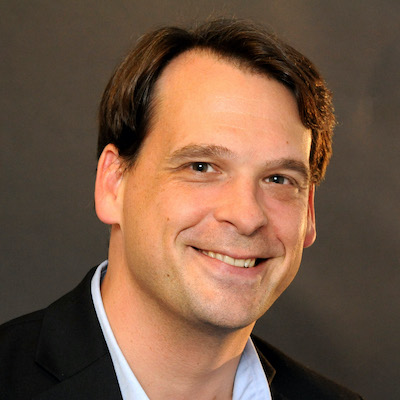
Wilson Liévano
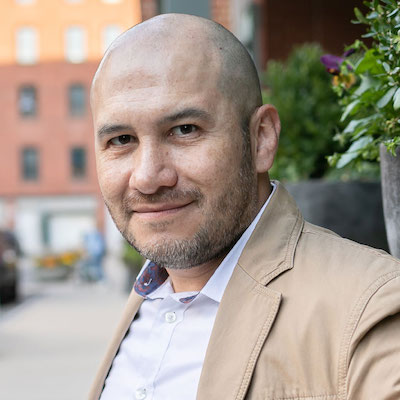
Don Day

S. Mitra Kalita
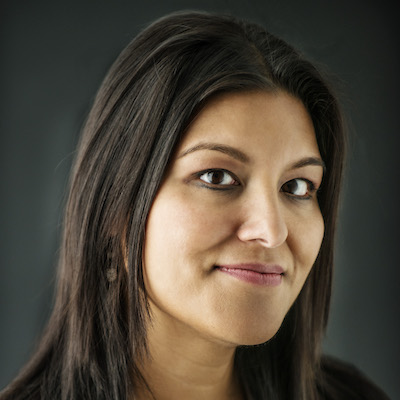
Cristina Tardáguila
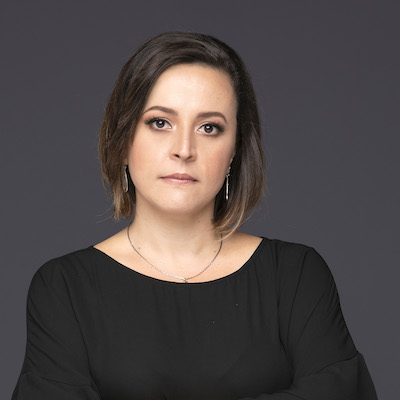
Christoph Mergerson
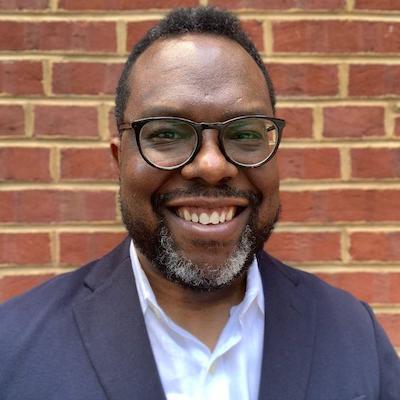
Cherian George
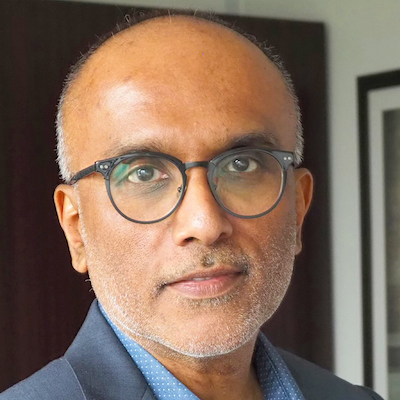
Julia Angwin

Julia Munslow

Rasmus Kleis Nielsen

Jennifer Brandel

Chicas Poderosas

Melody Kramer

Shannon McGregor Carolyn Schmitt

Millie Tran

Joanne McNeil

Anthony Nadler

Nikki Usher

Ariel Zirulnick

Anika Anand

Jennifer Coogan

Eric Nuzum

j. Siguru Wahutu
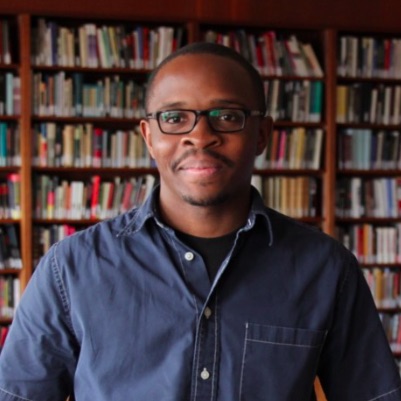
Natalia Viana

Doris Truong
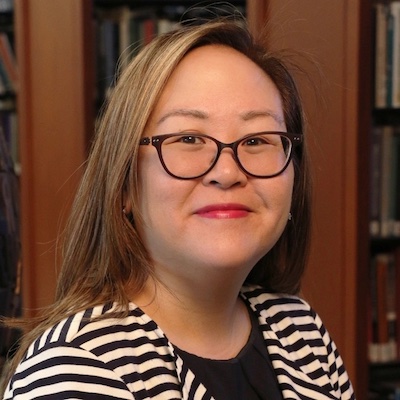
Gabe Schneider

Raney Aronson-Rath

Amy Schmitz Weiss
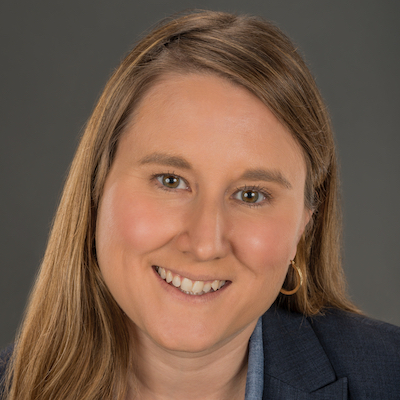
Zizi Papacharissi

Alice Antheaume

Victor Pickard
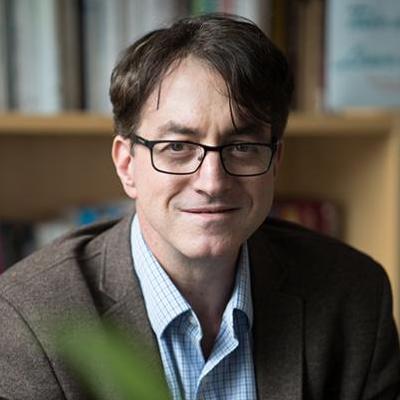
Laxmi Parthasarathy

Kristen Jeffers

Kathleen Searles Rebekah Trumble

Meena Thiruvengadam
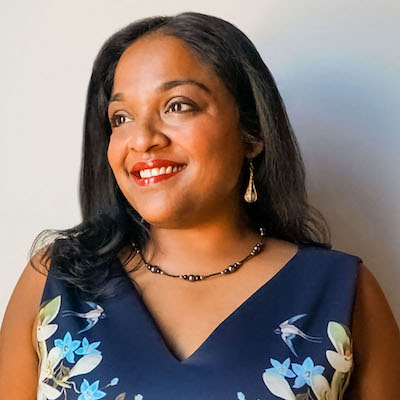
Simon Galperin

Michael W. Wagner

Jessica Clark

Moreno Cruz Osório

David Skok

Amara Aguilar

A.J. Bauer

John Davidow

Jesenia De Moya Correa
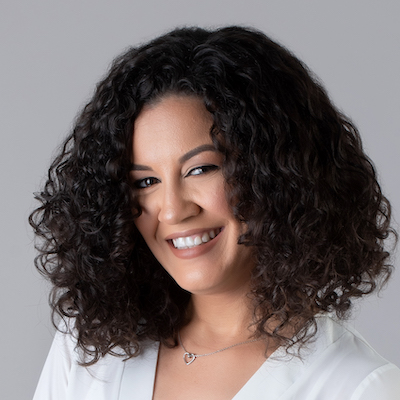
Rachel Glickhouse

Cindy Royal

Matt Karolian

Kerri Hoffman
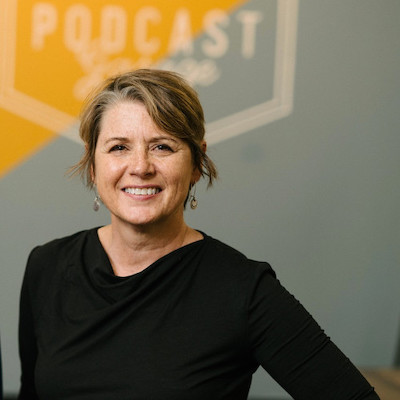
Gonzalo del Peon

Mario García
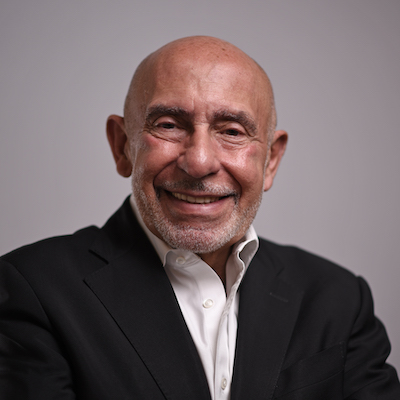
Mike Rispoli

Mary Walter-Brown

Kendra Pierre-Louis

Chase Davis

Richard Tofel

Anita Varma

Jonas Kaiser

Candace Amos
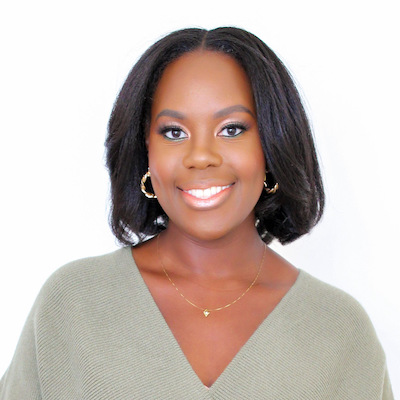
Izabella Kaminska
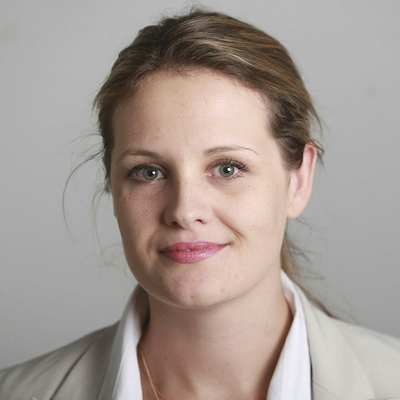
Shalabh Upadhyay
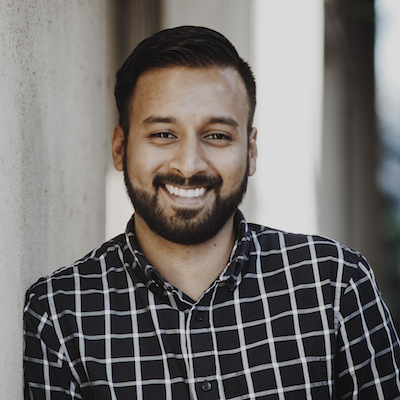
James Green

AX Mina

Juleyka Lantigua

Andrew Freedman

Megan McCarthy

Jim Friedlich

Gordon Crovitz

Whitney Phillips

Joy Mayer

Ståle Grut

Joe Amditis

Simon Allison

Tom Trewinnard

Tony Baranowski

Francesco Zaffarano

Parker Molloy

David Cohn

Catalina Albeanu

Daniel Eilemberg

Errin Haines

Robert Hernandez
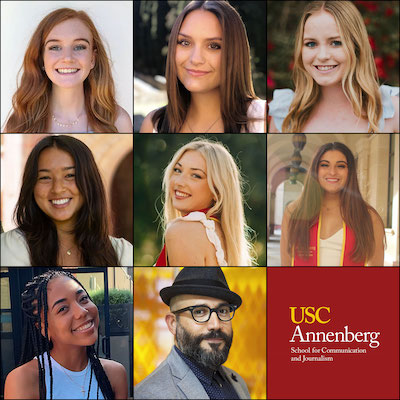
Sam Guzik

Janelle Salanga

Sarah Stonbely

Kristen Muller

Joni Deutsch

Mandy Jenkins

Christina Shih

Stephen Fowler

Larry Ryckman

Brian Moritz

Matthew Pressman

Paul Cheung

Tamar Charney

Joshua P. Darr

Burt Herman
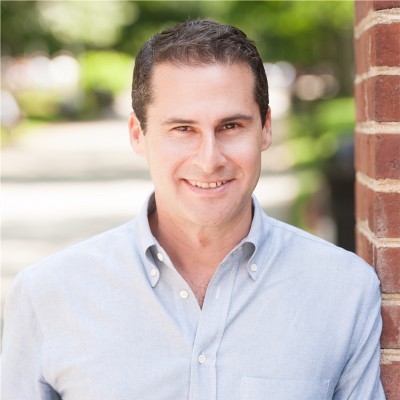
Stefanie Murray
